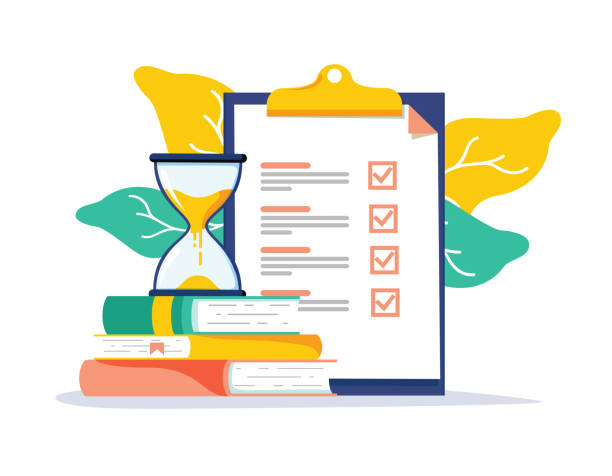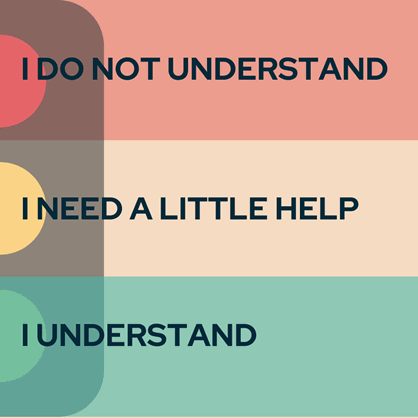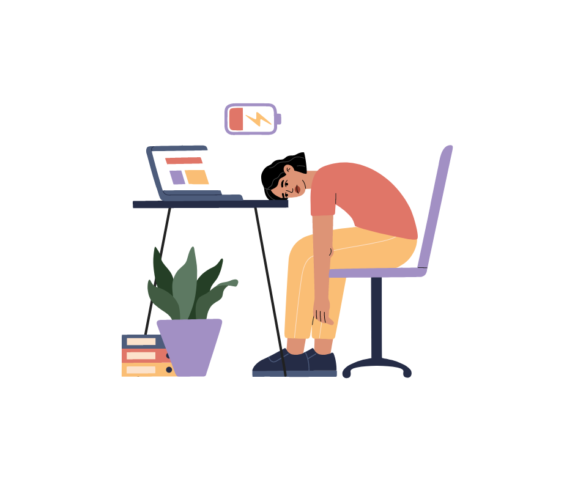
Why Cramming Last Minute for Exams or Assignments is a Bad Idea:
Cramming the night before an exam or assignment may seem like a quick fix, but it’s a risky and often ineffective strategy. While it might occasionally yield short-term results, the long-term consequences far outweigh the benefits.
One major drawback is poor retention. Research shows that when you cram, you’re relying on short-term memory rather than deep understanding. This makes it harder to recall information during the exam or apply knowledge in new contexts. In contrast, spacing out your study sessions—known as distributed practice—helps commit information to long-term memory, improving both recall and comprehension.
Cramming also leads to high stress levels. Staying up late to study or finish assignments often results in sleep deprivation, which negatively impacts concentration, critical thinking, and problem-solving skills—precisely the tools you need to succeed during assessments. A well-rested brain performs far better than one running on caffeine and anxiety.
Additionally, last-minute work is usually lower quality. When rushing, you’re more likely to make mistakes, overlook details, and submit work that lacks depth. Assignments written in haste often show weaker structure, poor argumentation, and inadequate referencing, leading to lower grades.
Finally, habitual cramming encourages poor time management. Relying on last-minute pressure prevents you from developing essential planning and organizational skills, which are vital not only in academics but in professional life as well.
In short, cramming sacrifices genuine learning, mental well-being, and academic performance. A better approach is to plan ahead, break study or work into manageable chunks, and allow time for review and reflection. Not only will this lead to higher grades, but it will also reduce stress and build habits that set you up for long-term success.
Julian Podgornik









